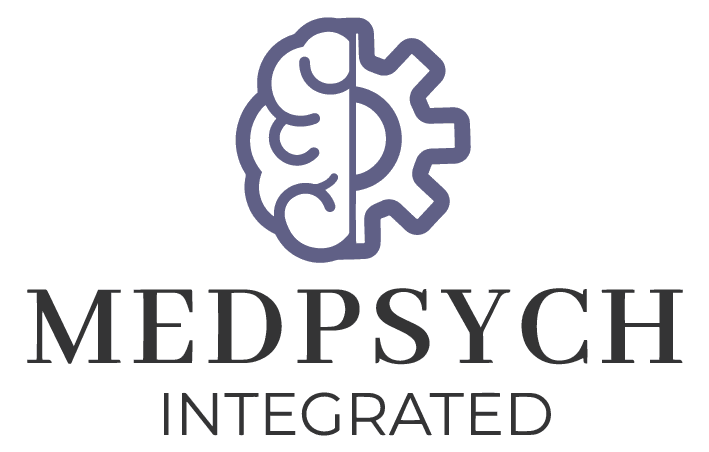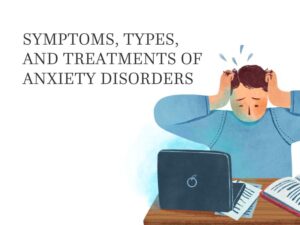You’ve been to the doctor, and they’ve given you a prescription for depression. But now you’re wondering if there are other options out there like TMS Therapy.
Several different types of treatment can help people with depression. One of those treatments is called transcranial magnetic stimulation (TMS) therapy. It’s a non-invasive form of treatment that uses magnetic pulses to stimulate specific parts of your brain to make them function better.
This type of therapy improves communication between neurons in an area of the brain called the prefrontal cortex (PFC), which controls our emotions and decision-making abilities—two things that are often affected by depression.”
TMS Therapy
TMS Therapy is a non-invasive treatment that uses magnetic pulses to stimulate nerve cells in the brain. It’s FDA-approved for major depression, but not all patients are eligible for this treatment option. If you have been diagnosed with a serious medical condition or are pregnant, TMS Therapy may not be right for you.
TMS Therapy has proven effective in treating chronic forms of depression (those lasting longer than two years), but it’s also been shown to help those who haven’t responded well to other treatments, such as antidepressants or psychotherapy alone.
The average course lasts four weeks and consists of twenty sessions per week, although some patients may need fewer sessions depending on their condition and progress during treatment.
Medication
Medication is an effective way to treat depression but has side effects. Medications can cause headaches and nausea or make you sleepy or jittery.
They also interact with other medications and alcohol, so you must talk with your doctor about any other drugs or alcohol you may be using before starting treatment.
If you’re taking medication for another condition (like high blood pressure), the dose might need to be adjusted when starting a new antidepressant drug.
Medication interacts with food in several ways: some antidepressants cause weight gain; others can make certain foods taste bitter or unpleasant; some antidepressants slow down digestion, so it takes longer for food to leave your stomach–which means that if the drug wears off before dinner time has come around again (which would normally happen around 4pm), then this could lead into overeating later in the day since there isn’t enough time for digestion before hunger sets in again!
Both treatments have been shown to be effective. Talk to your doctor about which is best for you.
Both TMS therapy and medication have been shown to be effective in treating depression. However, they are different treatments that each have their own benefits and drawbacks.
TMS Therapy (or transcranial magnetic stimulation) is a non-invasive treatment that uses magnetic pulses to stimulate nerve cells in the brain. This can help restore normal function of these neurons, helping people with depression.
There are no side effects associated with TMS therapy except for mild scalp pain during the procedure if you’re sensitive to electricity, like some people are with electric razors or hair dryers.
You will also need maintenance treatments after completing your course of treatment because depression often comes back over time, even if it’s not severe enough for another round of TMS therapy immediately after finishing your first round.
However, these maintenance sessions can be spaced out further apart than the initial sessions as long as there isn’t any change in symptoms before going into maintenance mode again (which is usually how long doctors recommend waiting).
Maintenance sessions may also include other methods besides just using an electromagnet instead, such as cognitive behavioral therapy or meditation practices, which may help prevent relapse rates even further!
Find out if TMS therapy is right for you with MedPsych
TMS and medication are both effective treatments for depression. They can help you feel better and return to living your life again. TMS is a non-invasive procedure that doesn’t require any drugs, while medication does require a prescription from your doctor.
If you’re interested in trying either treatment, talk to our team about what might be right for your situation.











